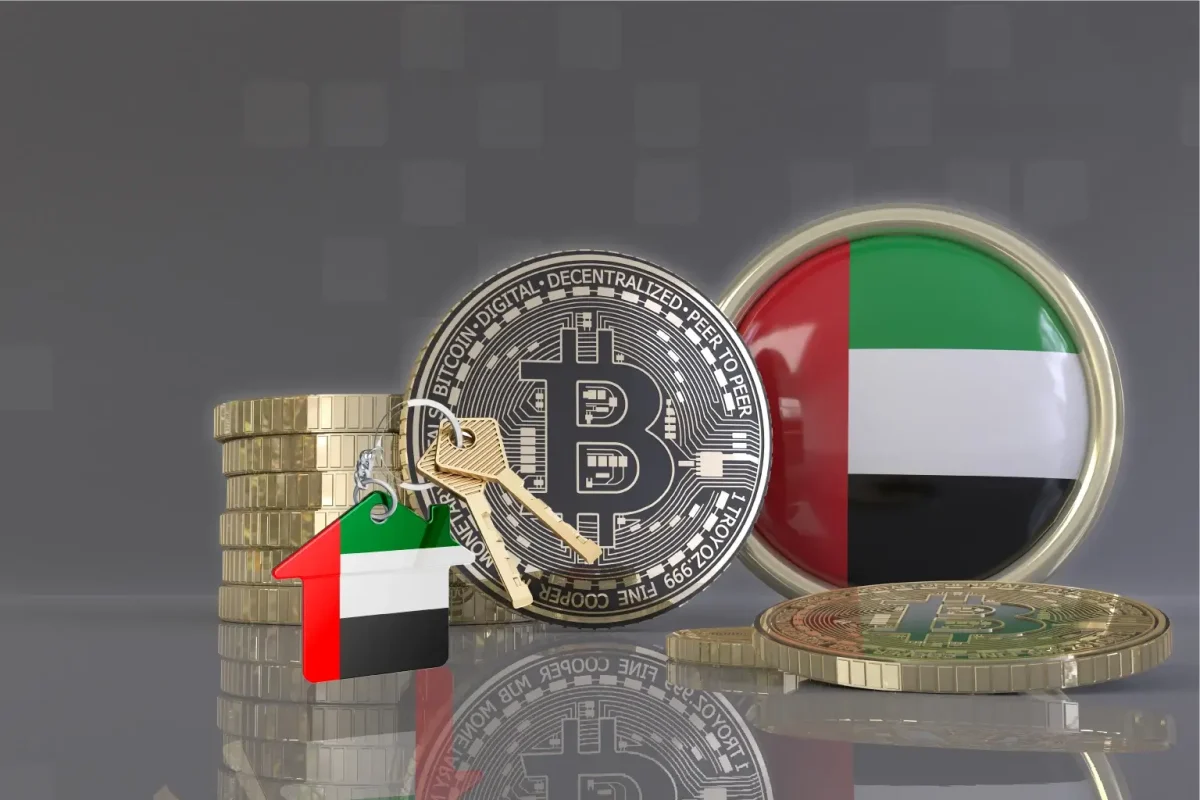The Federal Tax Authority (FTA) in the UAE has brought much-needed clarity to the taxation of virtual assets, exempting these transactions from Value Added Tax (VAT) retrospectively from January 2018. This move is a significant step in aligning the country’s tax framework with the dynamic world of blockchain technology and digital currencies.
Background: Understanding the Change
Prior to this update, businesses and individuals dealing with virtual assets faced ambiguity regarding their VAT obligations. Virtual assets, including cryptocurrencies, were not explicitly addressed in earlier regulations, creating uncertainty and compliance risks. With the new regulations, the FTA has introduced clear guidelines that:
Exempt Virtual Asset Transactions from VAT:
Covers the transfer of ownership of virtual assets, including cryptocurrencies.
Includes the conversion of virtual assets from one form to another.
Define Virtual Assets:
Virtual assets are defined as digital representations of value that can be traded or used for investment purposes.
Notably, the definition excludes digital versions of traditional currencies and financial securities.
Legal Framework
This exemption is part of the UAE’s broader effort to regulate digital assets while fostering innovation in the blockchain space. Key aspects of the regulatory framework include:
Federal Law No. 8 of 2017 on Value Added Tax (VAT):
Provides the general rules for VAT in the UAE and now explicitly excludes virtual asset transactions.
VAT Executive Regulations (Cabinet Decision No. 52 of 2017):
Revised to reflect the new provisions for virtual assets.
Virtual Asset Regulatory Framework (VARA):
Introduced in Dubai to oversee cryptocurrency exchanges, token offerings, and blockchain-based businesses.
Impact of the VAT Exemption
For Businesses:
Simplifies tax compliance for cryptocurrency exchanges, token issuers, and blockchain platforms.
Reduces operational costs by eliminating VAT liabilities on virtual asset transactions.
For Investors:
Encourages wider adoption of virtual assets by reducing transactional costs.
Boosts confidence in the regulatory clarity provided by the UAE.
For the Economy:
Strengthens the UAE’s position as a global hub for blockchain innovation and cryptocurrency trading.
Attracts international businesses seeking a favorable regulatory environment.
Case Study: A Cryptocurrency Exchange in the UAE
Client Profile: A cryptocurrency exchange operating in Dubai, facilitating the buying, selling, and trading of cryptocurrencies for retail and institutional clients.
Challenge:
Before the VAT exemption, the exchange faced uncertainty about whether VAT applied to transaction fees and other services. This ambiguity led to inconsistent compliance practices and potential exposure to penalties.
Solution:
With the introduction of the VAT exemption, the exchange:
Stopped charging VAT on transaction fees, reducing costs for clients.
Streamlined its compliance processes with the FTA’s clear guidelines.
Outcome:
Enhanced client satisfaction due to reduced costs and regulatory transparency.
Expanded operations by attracting new clients confident in the UAE’s crypto-friendly environment.
How Fastlane Consultancy Can Help
Fastlane Consultancy is here to support businesses in navigating the complexities of virtual asset regulations and ensuring seamless compliance. Here’s how we can assist:
VAT Compliance:
Review and update your VAT filings to reflect the new exemption for virtual asset transactions.
Ensure retrospective compliance from January 2018, mitigating any risks of penalties.
Regulatory Guidance:
Help businesses understand the FTA’s definition of virtual assets and how it applies to their operations.
Provide tailored advice on compliance with other relevant regulations, such as VARA.
Blockchain Expertise:
Assist blockchain-based businesses in structuring their operations to maximize tax efficiency.
Offer insights into global best practices for virtual asset compliance.
Audit and Documentation:
Conduct audits to ensure accurate reporting and adherence to VAT rules.
Prepare documentation to address any FTA queries or inspections.
Ongoing Support:
Provide regular updates on changes to UAE tax laws and their implications for virtual assets.
Offer continuous consultation to adapt your business to evolving regulatory landscapes.
Conclusion
The UAE’s VAT exemption on virtual asset transactions is a progressive move that fosters innovation and strengthens the country’s position as a leader in blockchain and cryptocurrency. By eliminating VAT liabilities, the FTA has created a more transparent and business-friendly environment for digital assets.
Partnering with Fastlane Consultancy ensures that your business remains compliant while taking full advantage of the new regulations. Contact us today to learn more about how we can support your journey in the evolving world of virtual assets.

